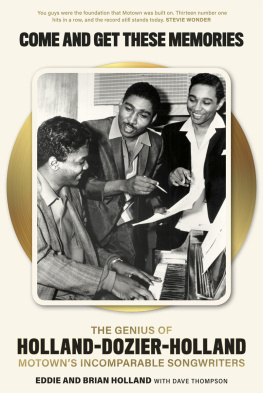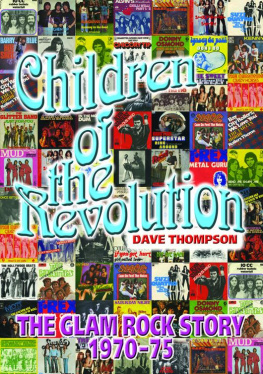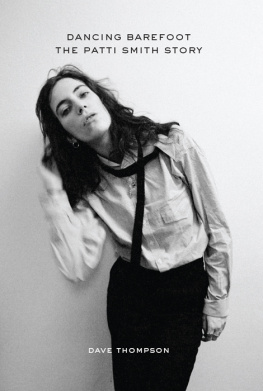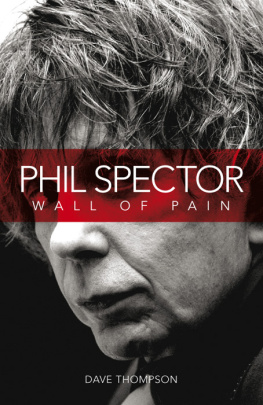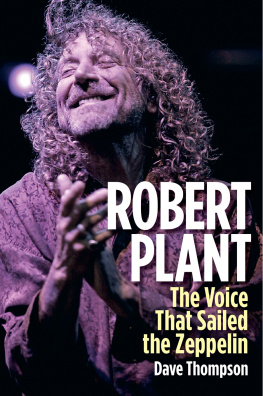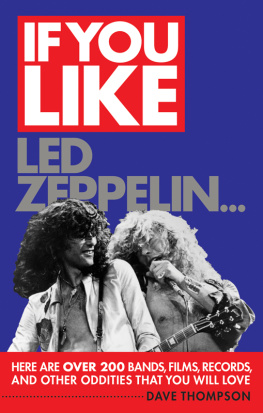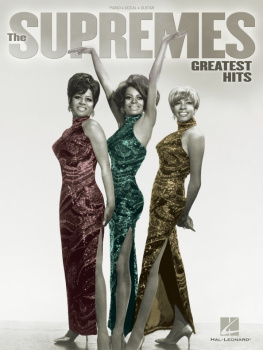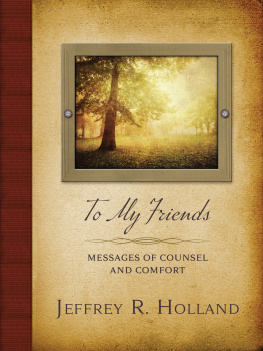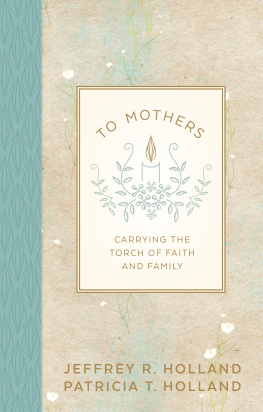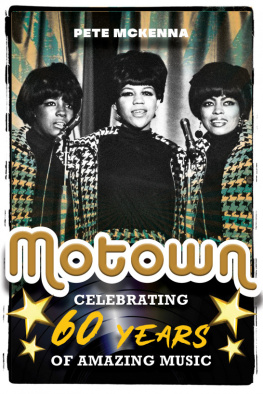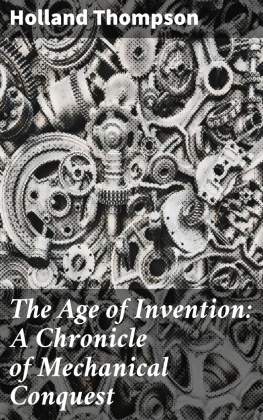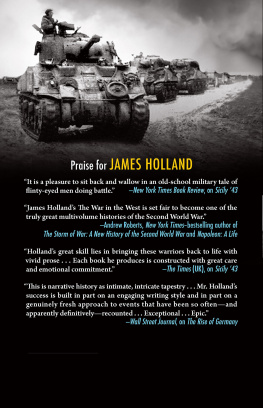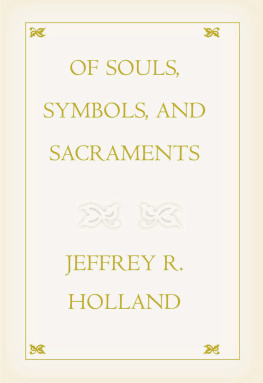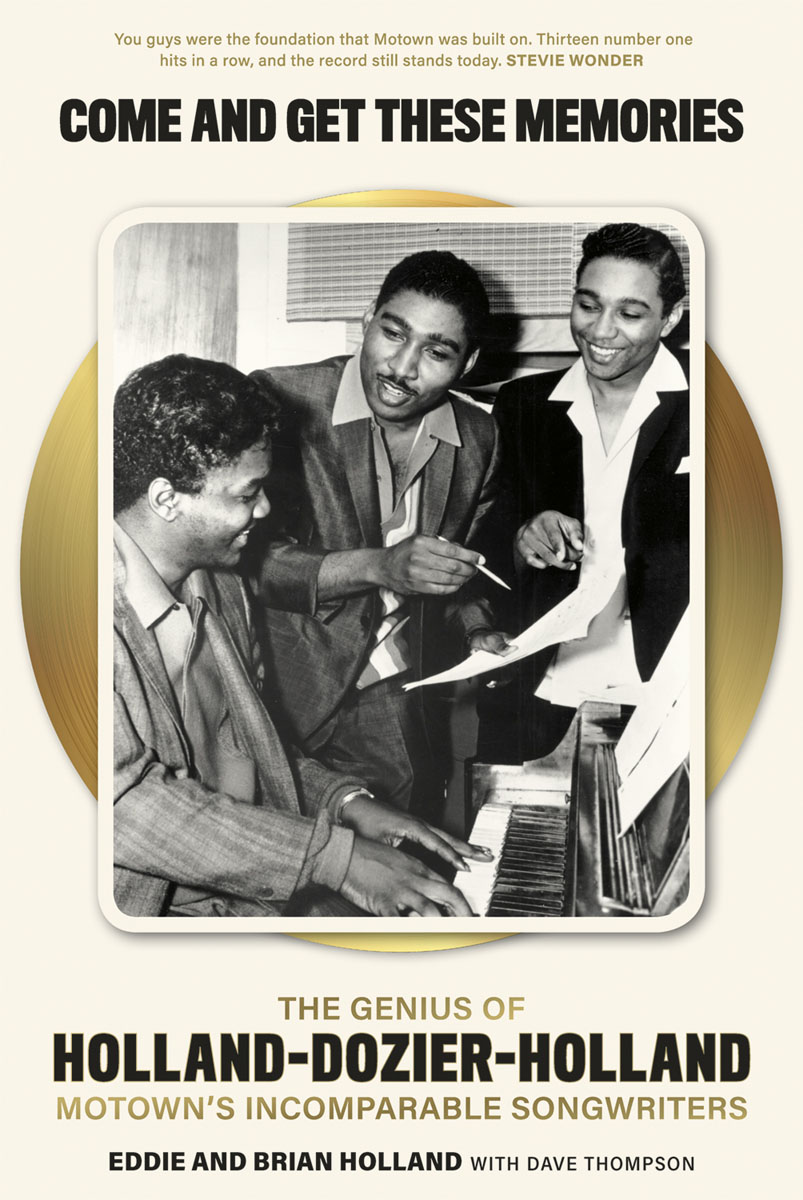
You guys were the foundation that Motown was built on. Thirteen number one hits in a row, and the record still stands today, it hasnt been broken at all. I still use How Sweet It Is to open up my show, and I wish you all the success in the world. God bless. Stevie Wonder
I first met Eddie shortly after I met Berry Gordy. Berry would use Eddie to sing demos for some of the songs Berry was writing for Jackie Wilson. After Berry started Motown, Eddie was one of our recording artists. He had a hit record, Jamie, but decided hed rather be behind the scenes and joined his brother, Brian, and his partner, Lamont Dozier, and one of the greatest music writing and production teams in pop music history was born. Eddie is one of the greatest wordsmiths ever and has most certainly earned his place in music history, and hes my friend. Smokey Robinson
HDH put The Supremes into the realm of superstars by producing 12 number-one, million-sellers for us. Eddie Holland, Lamont and Brian Holland are one of the greatest producer/songwriting teams in American history. I owe these three young men my life, as they made me who I am today. Thank you, guys. Mary Wilson
The Hollands what amazing songs they wrote! Vanilla Fudge made it in 1967 because of the great song they wrote, that we arranged. It had amazing music, lyrics and melody. All I can say is, thanks! Carmine Appice
HDH were the sound of young America, but they were so much more than that. If Chicago was the consciousness of the US in the sixties, Motown was its hope, and HDH were the front line. They were it. They were Americas Lennon & McCartney. Andrew Loog Oldham
Dedications
Brian: I want to dedicate our book to my wife, Cassandra. Also my children, Linda, Leticia, Holly, Brian Jr. and Brandon.
Eddie: I want to dedicate our book to my children, Edward, David, Eric, Christina, Edina, Craig and Lauren. Hoping it will give them a deeper insight and understanding into my life.
Also, to my nephew Johnny Terry, who is more of a son to me, and his wife, Isela.
To Maggie Jones, whose inspiration stimulated the insight that caused me to look deeper.
To Richard Davis, for holding down the fort and taking care of the accountants, CPS and lawyers, and giving me time to concentrate on this book.
To Barney Ales for so many memories and a lovely introduction to this book.
To Bishop Andrew Merritt of the Straight Gate International Church, whose wisdom and guidance gave me so much inspiration.
And very special thanks to Shirley Washington for so aggressively and consistently pushing me to complete this book, no matter what else I wanted to do, to go deep into myself even when I didnt feel like it, and for arousing memories that I really didnt want to contact. Without her, this book would never have been written. Most people would have turned away but Shirley endured my insults and rage, and always moved ahead.
Shirley, meanwhile, would like to offer special thanks to her research team, Gwendolyn Owens and Marian Michaels, and to our agent, Lee Sobel.
Dave Thompson: Thanks to my agent, Lee Sobel, for making it happen, to Shirley Washington for so much more, and to Amy Hanson, for everything else. Thanks to Barney Ales for his masterful memoir, Motown: The Sound of Young America (Thames & Hudson, 2018). Thanks also to Jo-Ann Greene, Karen and Todd, Jen, Oliver, Trevor, and sundry snails and fish.
A problem is no bigger or smaller than the mind sees it to be. People cannot create problems for you, they can only create obstacles. You must create the problem in your own mind.
Eddie Holland
Contents
Foreword by Barney Ales
I first met Eddie and Brian Holland at the bowling alley on Woodward Avenue in Detroit. They were kids at the time Brian was maybe seventeen, Eddie was a couple of years older and they were still at the dawn of their musical careers. Whereas I, at the grand old age of twenty-six, was already running a record distributing company.
I liked them both immediately, and my interest was further piqued when I got to see Eddie perform. Like I said, he was still just starting out, a slow stream of solo singles recorded with Berry Gordy as the still-nascent Motown operation came to life.
But he could sing! He was a natural, the sexiest, slickest thing on two legs. The girls went wild for him. He sounded to me like Jackie Wilson, and a lot of other people agreed. He was a reluctant performer, though. He loathed touring, hated performing, he disliked travel. He didnt enjoy crowds. We were together a lot, going from gig to gig, record hop to radio station, and he never ever caused me any problems. Always a gentleman, always doing his best to help, he was really good about everything.
I knew he wasnt happy with the life he was leading, but he never allowed it to affect his work. He was professional, through and through. And I could tell there was more to him than just a great singer and performer. I remember one time we were in San Francisco, getting ready for a performance at the Cow Palace, alongside The Marvelettes. The only problem was, finances were tight and we were only able to bring one Marvelette with us, Gladys. The idea was, we would recruit four more girls once we got into town, and they would stand in for the rest of the group.
Eddie took charge, arranging the auditions, listening to the girls who filed into the room, and putting together a group for the show. He wasnt even phased when we realised we didnt have the arrangements for the songs with us he taught the girls what he could, harmonies, choreography, the lot, while we waited for Motown to send the sheets to us, and he was still putting them through their paces while I was frantically running around San Francisco, trying to discover which hotel the package had mistakenly been sent to. I finally caught up with it at a tiny little place in Chinatown, whose proprietors could barely understand a word I spoke.
The record we were promoting on that outing, Jamie, would give Eddie the massive hit that we all had been waiting for it was a sensational disc, and I still love it today. In fact, my first granddaughter would be named after it!
But Eddie was still not happy. He wanted to stay in the music business, he wanted to stay at Motown. He just didnt want to record and tour any longer, and I have to say that performances loss was songwritings gain. His brother Brian had already shown himself to be a supremely gifted composer and arranger; now, with Eddie alongside him, providing the lyrics that would illustrate Brians music, the pair were unstoppable.
As I read this book, so many memories came flooding back. Some were sparked by the tales that they tell those all-night poker games, for instance, or the first time I heard Where Did Our Love Go? Its funny, theres a story going around that, when the song was first completed, it was offered to The Marvelettes. Not true. That song was always intended for The Supremes and, when you listen to it today, you know it could never have been any other way.
Other memories sprang from my own observations. I remember what a perfectionist Eddie was, how he used to wrestle with his lyrics and how, even after a recording was completed (and already on its way to the top of the charts), he would still be thinking of ways he could have improved upon it.
Stop! In The Name Of Love, for example. One line no, one word in that song would haunt him forever. Even as he wrote the song, he knew that when Diana sings Leaving me alone and hurt, she ought to have sung alone to cry. But he didnt make the change, and he has regretted it ever since. Oh, and it didnt make him feel any better the first time Berry heard the song and made the same observation. You should have written cry, not hurt. Poor Eddie. His expression didnt change, but he knew Berry was right. He wouldnt make that same mistake again.
Next page
